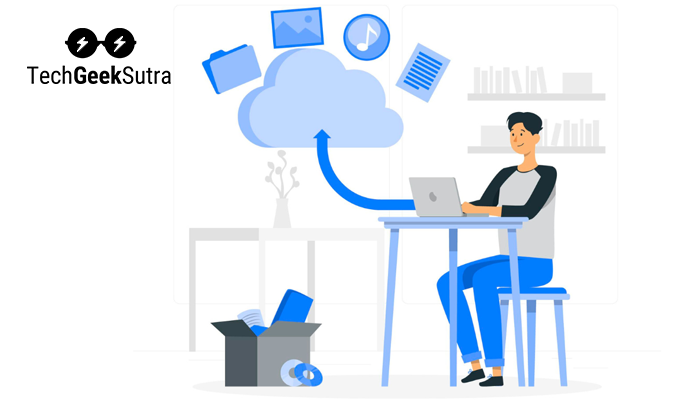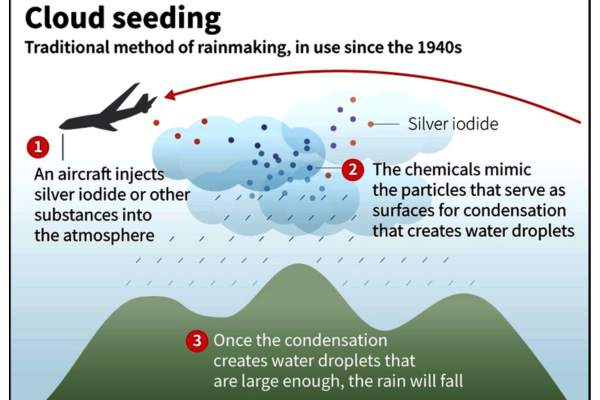The rise of cloud computing has revolutionized the way businesses store and access their data. Instead of relying on expensive hardware and dedicated servers, cloud computing offers a flexible and cost-effective alternative that can easily scale up or down to meet the changing demands of an organization. In this article, we will explore how cloud computing is revolutionizing data storage and access and the benefits it provides to businesses.
Benefits of Cloud Computing:
- Scalability: One of the key benefits of cloud computing is its scalability. Businesses can easily add or remove resources as their needs change, which allows them to scale up or down without incurring additional costs.
- Flexibility: Cloud computing allows businesses to access their data and applications from anywhere in the world with an internet connection. This means that employees can work remotely, and businesses can expand their operations without having to worry about physical infrastructure.
- Cost-Effective: Cloud computing eliminates the need for expensive hardware and dedicated servers. Instead, businesses can pay for the resources they use on a pay-as-you-go basis, which helps to reduce costs.
- Data Security: Cloud computing providers invest heavily in security measures to protect their customers’ data. This includes data encryption, multi-factor authentication, and regular backups to ensure that data is safe from cyber threats and data loss.
- Disaster Recovery: Cloud computing providers also offer disaster recovery services, which ensure that businesses can quickly recover from a disaster and minimize downtime.
Types of Cloud Computing:
- Public Cloud: A public cloud is a shared infrastructure that is available to the public. This type of cloud computing is ideal for businesses that need a cost-effective solution for storing and accessing their data.
- Private Cloud: A private cloud is a dedicated infrastructure that is owned and operated by a single organization. This type of cloud computing is ideal for businesses that need to maintain strict control over their data.
- Hybrid Cloud: A hybrid cloud is a combination of public and private cloud infrastructures. This type of cloud computing is ideal for businesses that need to balance their need for control over their data with the flexibility and cost-effectiveness of public cloud computing.
Conclusion:
Cloud computing is revolutionizing the way businesses store and access their data. With its scalability, flexibility, cost-effectiveness, and data security features, cloud computing has become an essential tool for businesses of all sizes. As more businesses move their operations to the cloud, we can expect to see even more innovations and advancements in this field in the coming years.







